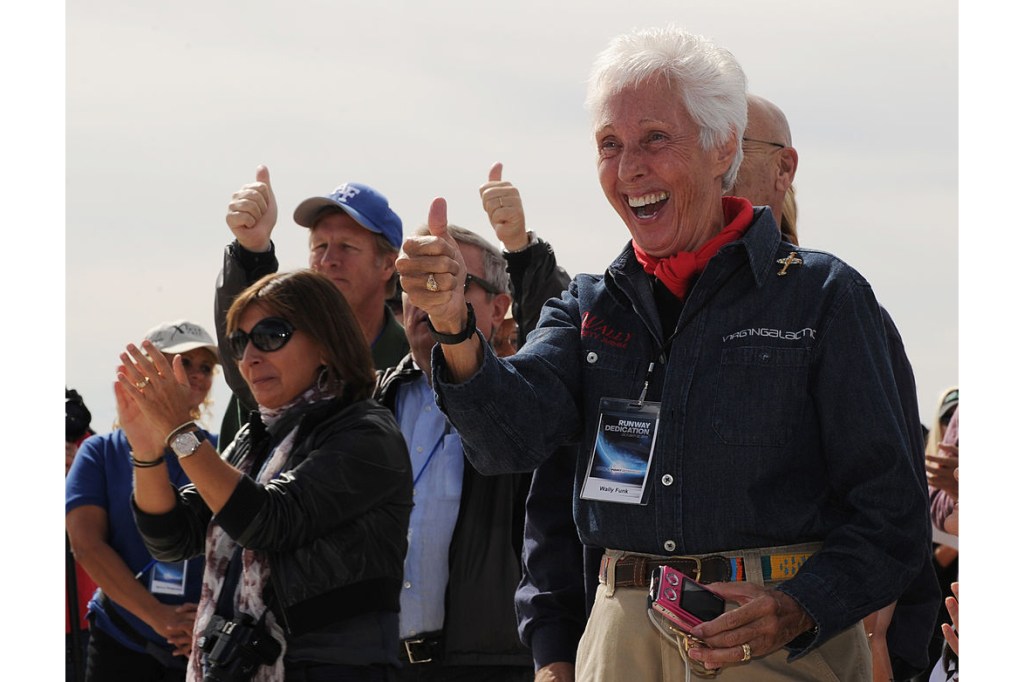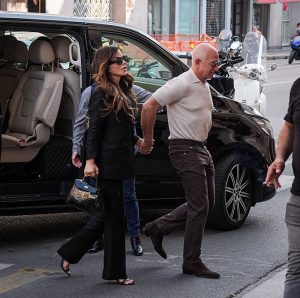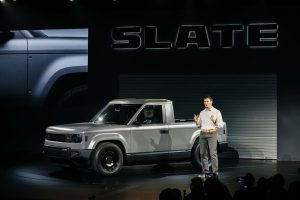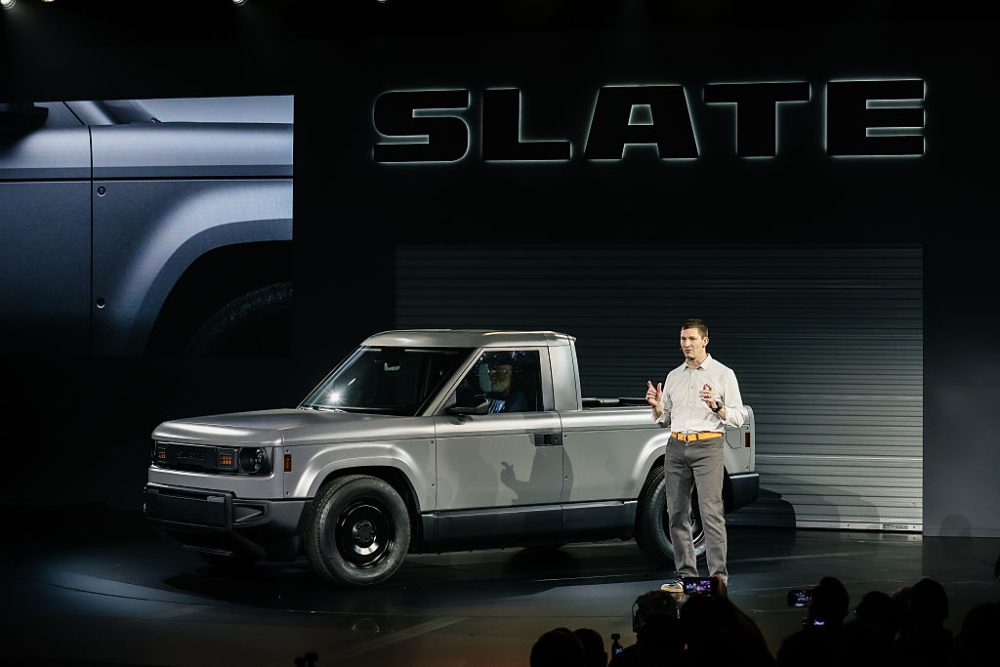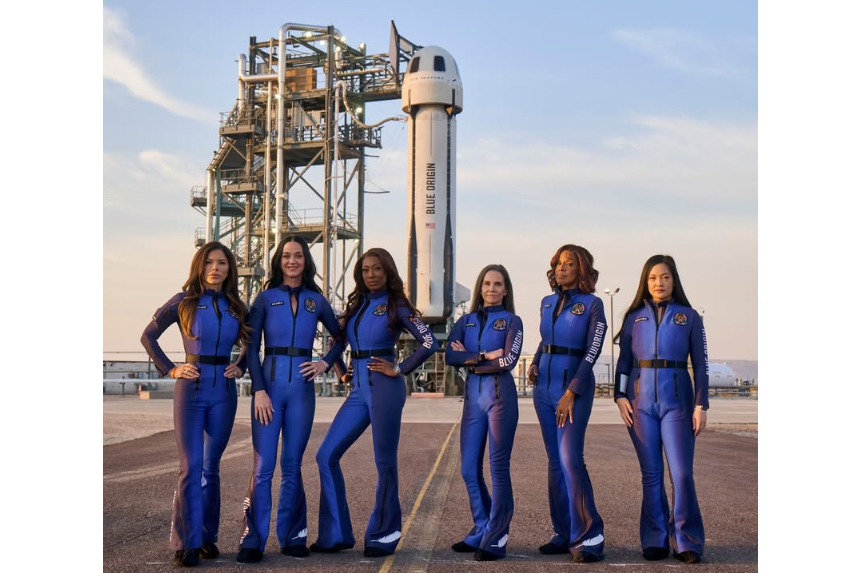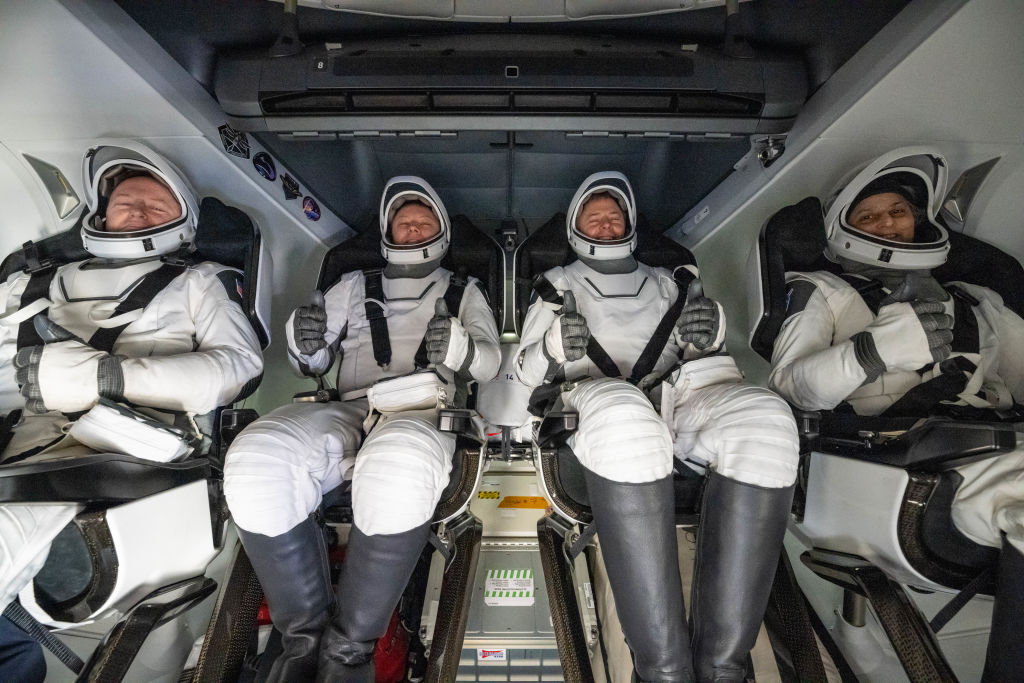The Moon would be more interesting with Wally Funk on it, and clearly Jeff Bezos agrees: the entrepreneur has just invited the 82-year-old female aerospace pioneer to join him on his inaugural space flight later this month.
In 1961, when she was 22, Wally took the physical tests to become an astronaut. They were grisly — ice-cream was dripped in her ears and she stayed in a floatation tank for almost 11 hours. She performed better than John Glenn — the vainest of the original Mercury 7 astronauts — but the tests were canceled. No American woman entered space until Sally Ride in 1983.
But Funk is too interesting to reduce to a fable about misogyny. Spacemen were sexist — who knew? I interviewed a Battle of Britain pilot two years ago and was surprised — although I shouldn’t have been — to learn that we were saved from the Nazis by sexists. He kept calling me ‘darling’. Manners — and gratitude — forbade me from shouting at him. He was 96.
I meet Funk in a shabby hotel in Holland Park, the kind I didn’t think existed anymore. It feels like a haven for afternoon adulterers in 1952. She is with the journalist Sue Nelson, who wrote Wally Funk’s Race For Space. Nelson sits calmly and corrects Funk when her anecdotes become myths. Funk is hectic and warm. She speaks like Aunt Ella from Oklahoma! and wears a blue boiler suit with flight-themed jewelry, dressed for space in the Holland Park neighborhood of London. She hugs me and takes photographs from a file and throws them down, with a running commentary: Funk as a baby; Funk winning prizes; Funk with her mother. This is not, I realize quickly, an interview. Funk has a narrative — a myth — which she will not be distracted from by questions. She is flying this interview. For instance, she says, indicating a photograph of her baby self approaching an aircraft: ‘At one year old I am going to the wheel of a [Douglas] DC-3 to twist a bolt. How does a one-year-old know that? It’s because of where I was born and the spirit of the Taos mountain. That is the mountain where I got the spirit to do anything and everything I wanted to do.’ When I ask a supplementary question she widens her eyes at me: how can I not understand?
I mention Tom Wolfe’s The Right Stuff — his book about the Space Race, from which I learnt than John Glenn was vain and NASA was cruel to chimpanzees — and she looks blankly at me: ‘I don’t really know what that says.’
Why would she? She did the real thing. She is a crack shot — always comforting in an octogenarian — almost an Olympic skier (her back gave out) and she raced airplanes. She credits her extraordinary strength to growing up in Taos, New Mexico, the beloved only child of a shopkeeper she calls ‘aristocratic’ at an altitude of 6,967 feet: ‘Which gave me so much more power in my brain to do what I wanted to do more than anybody at sea level. I got a letter from President Eisenhower,’ she says, ‘saying, “you are the best girl in the United States”.’ I’m sure she was. She applied for the space program and did the gruesome tests. After it was canceled — ‘I never got it, I was too ahead of my time’ — she bought a VW campervan in Brussels and drove to 59 countries with an $1,000 bill sewn into her underpants by her mother. She has so many anecdotes about this, she cannot choose one to tell me.
She returned to the US, flew commercial airplanes and taught people how to fly. She shows me how, with my right hand playing a gear-stick. She investigated crash sites — and sometimes brought her mother along. They dug together for crash debris. She continued to test herself for space as a freelance. For a time she owned the Queen Mother’s Rolls-Royce, which she maintained it herself. Like Elizabeth II, she is a gifted mechanic. She never married. Or rather, ‘I married my airplane. My Stearman. I built planes,’ she says. ‘Wooden planes,’ says her biographer. Toy planes.
I listen happily, but I have no idea why Wally Funk wants to move all the time, and I wouldn’t dream of asking. You don’t meddle with a myth. I know she isn’t really interested in space for itself — and that is not unusual. We sent engineers, not novelists, to the Moon. The only remarkable thing about Neil Armstrong is how boring he was.
She agrees we could exploit space for minerals — it’s possible, but not in our lifetime — but she wouldn’t like to go to Mars: ‘They don’t have enough to keep you alive — oxygen. I really don’t care about going to the Moon or Mars because I know it’s going to be difficult to live. I don’t want to have to struggle to stay alive. I’m doing great now.’
I decide Funk merely likes to move as fast as possible, in the fastest machines machines possible, and if you do that, it is likely you will end up in space. It is the logical outcome and the only thing left. That is the reason she has also ridden an elephant, an ostrich and an alligator: ‘You put your hands over their eyes and you get on. Higher, faster, longer. You print that. That’s Wally.’ She doesn’t like to admit to failure, either — hers or anyone else’s — and so she paid $200,000 to go on Richard Branson’s rocket. One blew up in 2014, but she is hopeful.
Of course I want to know what she is like when she stops moving, but she is not a woman to admit to pain. ‘I’m a happy person!’ she says, ‘I have never been upset. Honey, I have done everything and figured out everything in my life to do more than any human being that you will ever talk to.’ She continues to list her achievements: ‘I have over 96,000 flight hours,’ she says. ‘That’s 19,000,’ says her biographer.
I think Funk is genuinely heroic: she decided to be strong, and she is strong. All this she tells me, clutching my knee with a smile on her face. Funk loves herself, and I love her for that. There isn’t enough of it around.
This article was originally published on Spectator Life.



